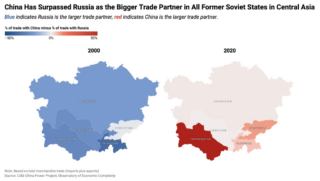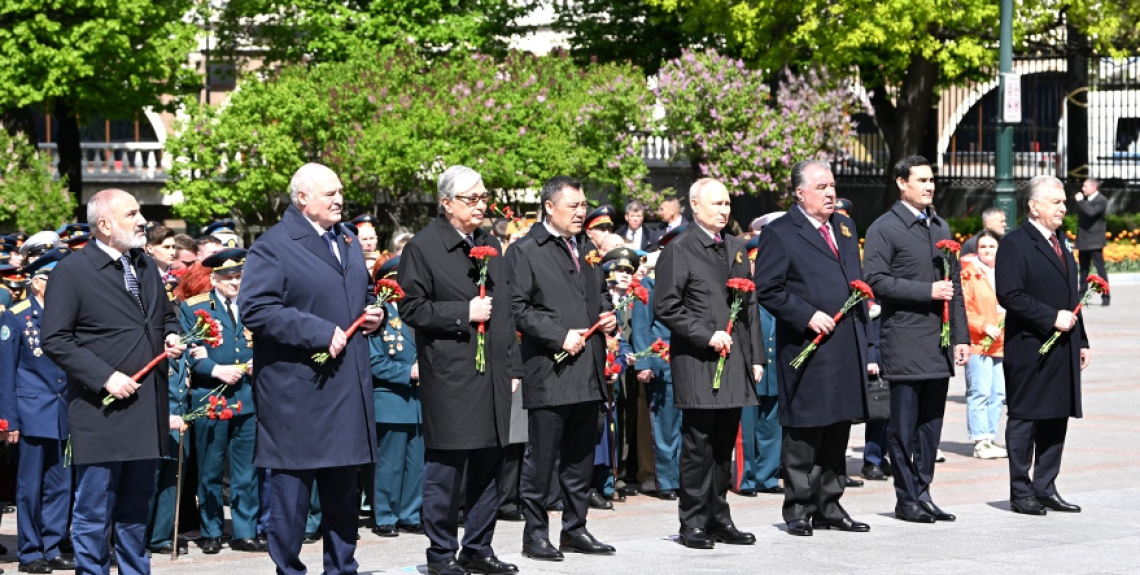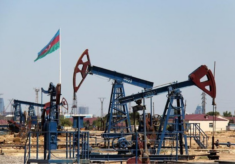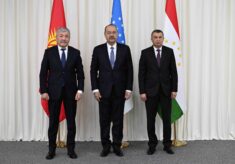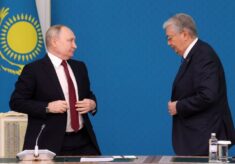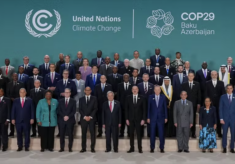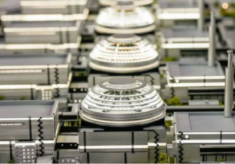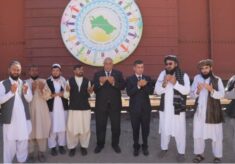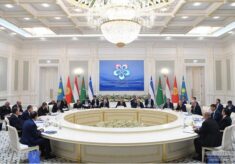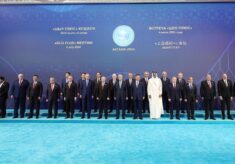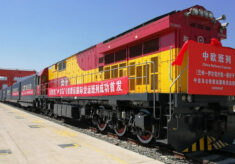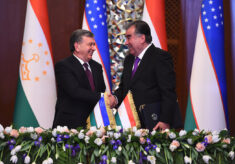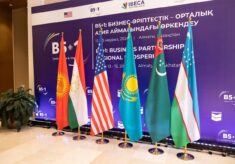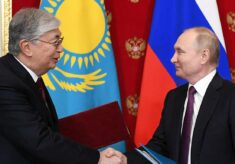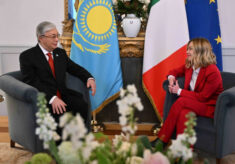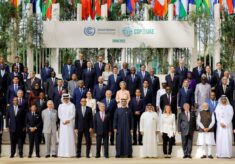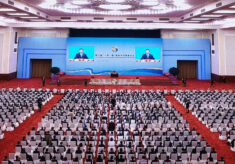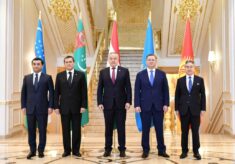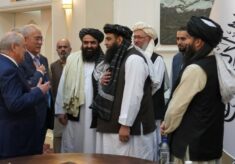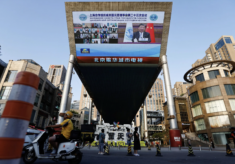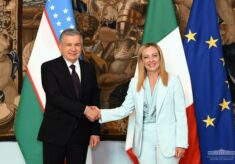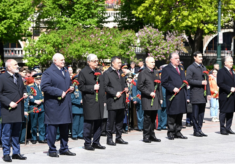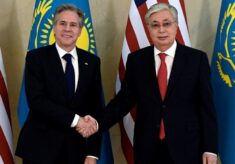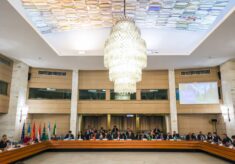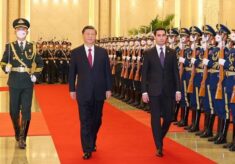Following Russia’s invasion of Ukraine, Central Asian countries have been apparently engaged to distance themselves from Moscow, as an “opportunity window” to exploit in order to play a more independent foreign and security policy aimed at reducing the dependence on Russia: for these reasons, the decision of all Central Asian Presidents (for the first time in history) to join the Russian President Vladimir Putin for the annual Victory Day parade on the 9th of May has a profound geopolitical meaning, because it is a clear expression of the fact that Russia remains a key, feared and influent actor in the region.
As a matter of fact, even if Central Asian states abstained from or not voted on UN resolutions to condemn Russia’s war in Ukraine in March 2022, they however refrained from openly criticizing Putin’s assertive policy in the post-Soviet space, aware of the fact that Russia benefits of strategic leverages that could exploit to prevent any straying from Moscow’s influence.
Among Central Asian republics, since the beginning Kazakhstan has expressed its position in support of the Ukrainian territorial integrity, but without openly condemn Russian military initiatives: Kazakh authorities are concerned on Russian influence considering the long shared border and the presence of a consistent Russian minority in the country, as well as the dependence on Russian pipelines to deliver more than half of the oil exports (through the Caspian Pipeline Consortium) to the Western markets. Moreover, Kazakhstan is a traditional partner for Moscow in the regional blocs such as the Eurasian Economic Union and the Collective Security Treaty Organization (CSTO), often defined the “eastern NATO” which also includes Kyrgyzstan, Tajikistan, Belarus and Armenia (Chris Rickleton, Central Asian Leaders Shun ‘Reputational Costs’ To Join Putin’s Victory Day Parade, RFERL, May 9, 2023). Kyrgyzstan and Tajikistan are economically dependent on Russia, not only in terms of trade relations but as a main source of remittances sent in their homeland by millions of Tajik and Kyrgyz workers: according to the World Bank Data these remittances account for nearly 1/3 of the national Gross Domestic Product (World Bank Data, https://data.worldbank.org/indicator/BX.TRF.PWKR.DT.GD.ZS?locations=KG; https://data.worldbank.org/indicator/BX.TRF.PWKR.DT.GD.ZS?locations=TJ).
Consequently, Russia could easily play the migration card against these republics (for instance adopting a restrictive approach in the migration laws) to influence their foreign policy orientations, in addition to the fact that both countries also host CSTO-military airbases, with a predominant component of Russian military leadership and equipment.
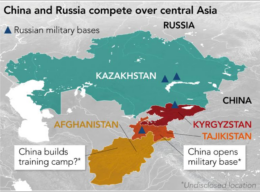
Furthermore, Russia remains the main security partner for Uzbekistan and Turkmenistan in bilateral terms (both countries refuse to be involved in regional blocs or multilateral organizations, with the exception of the Shanghai Cooperation Organization of which Uzbekistan is a member), which could help them to provide security along the shared border with Afghanistan, preventing potential destabilizing threats posed by the IS-K (Islamic State-Khorasan group).
